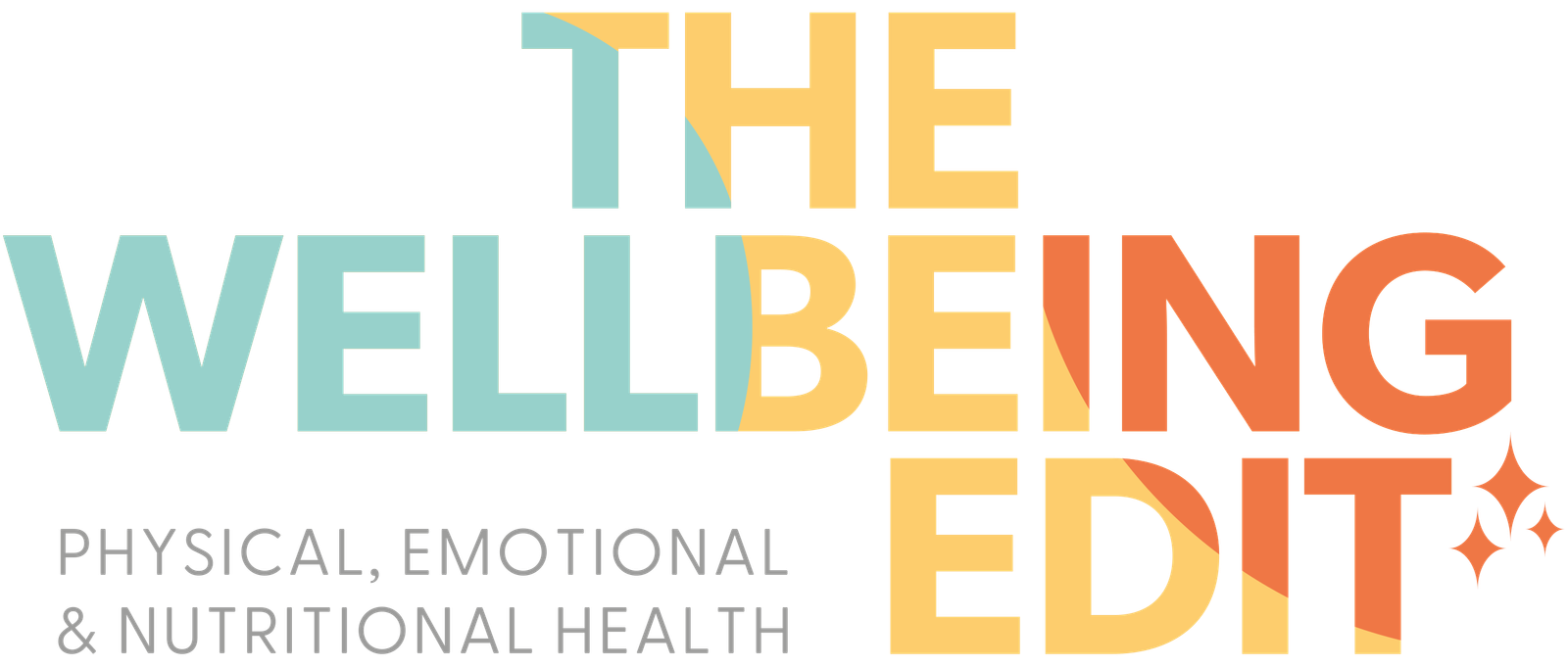Identifying deficiencies through symptoms
Hair loss can be distressing and often signals an underlying issue within the body. While there are various causes of hair loss, this blog post will focus on essential nutrients crucial for maintaining healthy hair and how deficiencies in these nutrients can lead to hair problems. Hair loss is a common problem that may be improved with vitamin and mineral supplementation. We’ll explore the roles of essential vitamins, amino acids, and collagen, and discuss how to identify deficiencies through symptoms.

Key nutrients for hair health
1. Essential vitamins
Vitamin E: Known for its antioxidant properties, Vitamin E is vital for healthy hair. It helps improve blood circulation to the scalp, promoting hair growth and preventing damage. Have you noticed dry or brittle hair recently? This might be a sign of Vitamin E deficiency.
- Natural sources: Nuts (such as almonds and hazelnuts), seeds (like sunflower seeds), spinach, and avocados.
Vitamin B complex: Several B vitamins are crucial for hair health:
- Vitamin B1 (Thiamine): Supports energy production, essential for healthy hair follicles. Do you experience frequent hair thinning or fatigue? It might be related to a lack of Thiamine.
- Natural sources: Whole grains, pork, beans, and peas.
- Vitamin B2 (Riboflavin): Helps in the production of red blood cells, which supply oxygen to hair follicles. Are you struggling with dry hair or skin issues? Riboflavin might be the missing link.
- Natural sources: Eggs, dairy products, lean meats, and green leafy vegetables.
- Vitamin B3 (Niacin): Enhances blood flow to the scalp, potentially stimulating hair growth. Is your hair growing slower than usual? Niacin could be beneficial.
- Natural sources: Poultry, fish, whole grains, and nuts.
- Vitamin B5 (Pantothenic acid): Strengthens hair and prevents hair loss by improving hair structure. Notice any increased hair breakage or loss? Pantothenic Acid might help.
- Natural sources: Eggs, avocados, sweet potatoes, and legumes.
- Vitamin B6: Involved in protein metabolism, essential for healthy hair growth. Have you observed issues with hair texture or growth? A lack of Vitamin B6 could be the cause.
- Natural sources: Bananas, chickpeas, potatoes, and poultry.
- Vitamin B12: Deficiency can lead to premature greying of hair and hair loss. Are you seeing greying or thinning hair earlier than expected? Vitamin B12 might be the answer.
- Natural sources: Meat, dairy products, eggs, and fortified cereals.
Vitamin D3: Crucial for maintaining healthy hair and skin. A deficiency in Vitamin D3 can result in tooth decay, dry hair, and increased hair loss. Ensuring adequate Vitamin D3 levels supports overall hair health. Could your hair loss be linked to a lack of sunlight or Vitamin D3?
- Natural sources: Fatty fish (such as salmon and mackerel), fortified milk, eggs, and sunlight exposure.

2. Essential amino acids for healthy hair
Methionine: This essential amino acid is key for hair and skin health. Methionine aids in the absorption of selenium and is a critical component of haemoglobin. A deficiency can impact hair growth and structure, leading to weaker and more brittle hair. Are you experiencing fragile hair or skin issues? Methionine might be a factor.
- Natural sources: Eggs, sesame seeds, Brazil nuts, and lean meats.
Valine: Valine is crucial for synthesising collagen, which helps keep skin youthful and reduces wrinkles. It also supports healthy hair growth by aiding in keratin production and maintaining hair follicle function. Is your hair looking dull or lacking vitality? Valine could help.
- Natural sources: Meat (such as beef and chicken), dairy products, legumes, and grains.

3. Collagen for strong hair
Role of collagen: Collagen is crucial for maintaining the strength and elasticity of your hair. When collagen levels are weak, you might notice brittle, thin hair prone to breakage and loss. Collagen also impacts skin health, contributing to wrinkles, dryness, and reduced elasticity.
For optimal collagen production and absorption, Vitamin C plays a vital role. Without sufficient Vitamin C, your body struggles to utilise collagen effectively, leading to a domino effect on your overall health. Have you observed your hair becoming more brittle or your skin losing its elasticity? These could be signs of collagen deficiency exacerbated by a lack of Vitamin C.
- Natural sources: To boost collagen levels, consider incorporating bone broth, chicken skin, and fish with skin into your diet.
- Collagen supplements derived from animal sources can also be beneficial. Additionally, ensure you’re getting enough Vitamin C from sources like oranges, strawberries, and bell peppers to support collagen absorption and overall health. A balanced diet is essential because a deficiency in one nutrient can impact your entire system, affecting everything from hair to skin.
Why early detection matters
Preventing serious health issues by ensuring you get essential nutrients for healthy hair
Have you ever wondered how early detection of nutrient deficiencies could protect you from more serious health problems? Identifying these issues before they escalate allows you to take action early, potentially preventing future complications. Imagine being able to tackle health issues before they become significant concerns, simply by addressing imbalances early on.
Proactive approach
How might a proactive approach to your health transform your wellbeing? The EWS Analyzer offers personalised insights that target the root causes of hair loss and other health concerns. By acting on these insights early, you can implement more effective health strategies and improve your overall quality of life. Why wait for issues to worsen when you can take control now?
Scheduling your check-up for essential nutrients for healthy hair
Easy booking process
If you’re ready to explore the causes of your hair loss but have questions, or if you wish to arrange a venous blood test, please schedule a FREE discovery call here.
Alternatively, if you’re interested in the EWS Analyzer Energy Risk Assessment, click here to book your appointment.
Furthermore, in our next blog post, we will explore natural, GMO-free supplements recommended by The Wellbeing Edit. We’ll discover how these premium supplements can enhance your health by addressing nutrient deficiencies and supporting overall wellbeing. From essential vitamins to amino acids, we’ll cover options that promote a holistic approach to maintaining vibrant health. Stay tuned to find out how these supplements can significantly benefit your daily routine.
